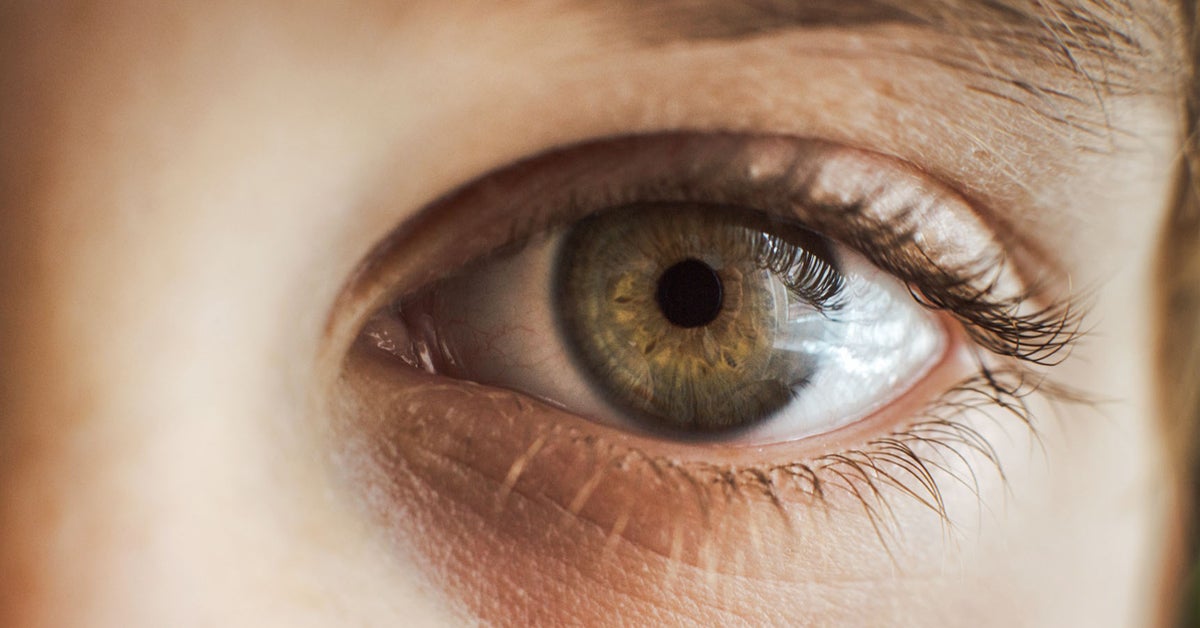If you go blind in one eye you only lose about one fifth of your vision but all your sense of depth
If you go blind in one eye you only lose about one fifth of your vision but all your sense of depth.

Losing vision in one eye can have significant effects on a person’s perception of the world. When one eye becomes blind, it may be surprising to learn that the loss is only about one fifth of a person’s overall vision. However, what is even more striking is the complete loss of depth perception.
Depth perception, also known as stereopsis, is our ability to perceive the world in three dimensions. It is what allows us to judge the distance and position of objects accurately. This ability is vital in daily life activities such as driving, walking, and even pouring a glass of water.
The loss of depth perception occurs because our brain relies on the difference in perspective between our two eyes to calculate depth. When one eye is blind, this comparative information is no longer available. Our brain starts to rely on other visual cues, such as relative size and the use of shadows, to determine depth, but these cues are not as reliable or accurate as binocular vision.
A study conducted by Duke University Health System revealed that individuals who lose vision in one eye encounter challenges and require significant adaptation. This adaptation includes learning to rely on monocular cues and developing strategies to compensate for the loss of depth perception. For instance, they may use extra caution when walking down stairs, crossing roads, or participating in sports activities.

Living with vision loss in one eye can be challenging, but it is not impossible. Many individuals with monocular vision continue to lead fulfilling lives. It is important for these individuals to seek support, whether from healthcare professionals, support groups, or rehabilitation services. They can assist in adapting to the new visual circumstances and developing coping mechanisms.
It is crucial to remember that losing vision in one eye does not mean losing independence or the ability to engage with the world. With appropriate adjustments and support, individuals can continue to pursue their passions, maintain personal relationships, and even excel in various fields.
In conclusion, losing vision in one eye results in approximately one fifth of vision loss, but the most significant impact is the loss of depth perception. However, with adaptation and support, individuals with monocular vision can still lead fulfilling lives. It is vital to seek assistance from healthcare professionals and connect with supportive communities to ensure a smooth transition into this new visual reality.
Related Posts
Quick Links
Legal Stuff